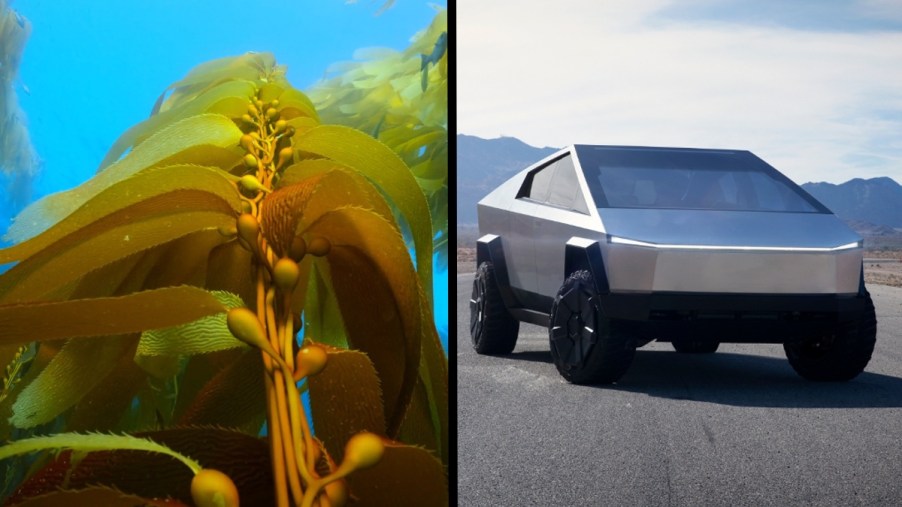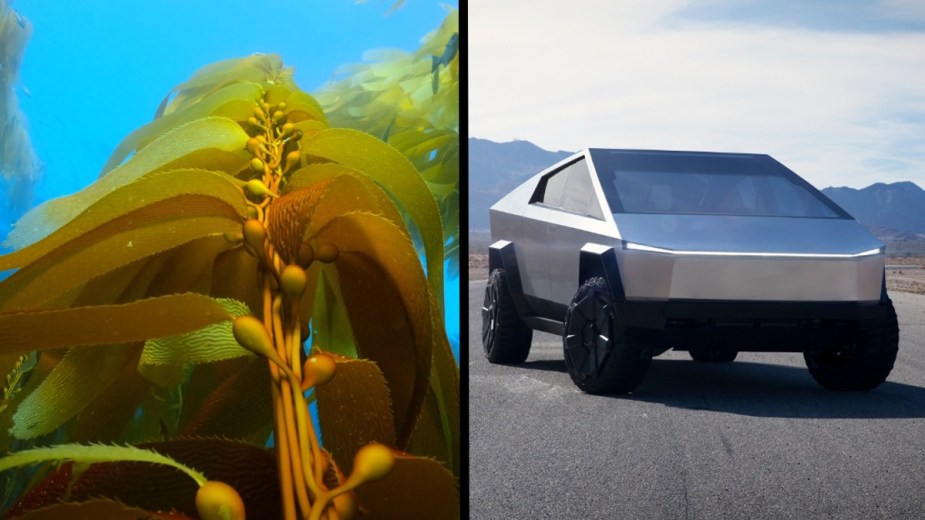
Seaweed Could Make EVs Cheaper and Increase Range: Seriously!
EVs have many advantages over gas-powered cars, such as better efficiency, zero carbon emissions, quicker acceleration, and less maintenance. However, electric cars have two major drawbacks. They tend to be expensive and have a lower driving range compared to gas-powered ones. However, a unique remedy could address both of these problems: seaweed.
Sodium batteries with seaweed are a cheaper alternative to lithium batteries for electric cars

One of the reasons why electric vehicles are so expensive is the high cost of producing the large and heavy battery packs, which predominantly use lithium. There’s a limited supply of lithium, and over the past year, its price has skyrocketed over 500%.
Scientists and engineers have been researching various alternatives to lithium batteries. One of them is sodium batteries, which cost less and have a higher energy density than lithium batteries, as detailed by CarBuzz. The thing holding sodium batteries back, though, is uncontrolled dendrite growth. These dendrites can penetrate the battery’s separator. This results in a short circuit in the battery, causing it to fail.
However, recently, researchers at Bristol University found that seaweed could address this problem. They discovered that the nanomaterials made from seaweed could be used in a battery to create a stronger separator — preventing the dendrites from penetrating and causing a short circuit.
Jing Wang, an author of the study at Bristol University, explained: “The aim of a separator is to separate the functioning parts of a battery and allow free transport of the charge. We have shown that seaweed-based materials can make the separator very strong and prevent it being punctured by metal structures made from sodium.”
Seaweed improves the battery performance, which could increase the driving range of EVs

Many drivers are hesitant to get an EV because of the low driving range. There’s a fear that one could run out of battery power before they reach a charging station or make it back home. While the range from EVs with lithium batteries has been improving in recent years, there are still limitations.
However, the seaweed-infused sodium batteries, in addition to being a cheaper alternative to lithium batteries, have better performance. And the better performance of the sodium batteries would likely result in improved driving range for electric cars.
Wang said that seaweed-infused sodium batteries have “greater storage capacity and efficiency.” Additionally, the seaweed, with the stronger separator, increases the “lifetime of the batteries.”
Seaweed batteries are also likely better for the environment than lithium batteries
EVs are touted as being environmentally friendly, which is mostly due to their zero carbon emissions. However, a dirty secret about electric cars, as currently built, is the lithium batteries. Lithium mining is harmful to the environment. This includes the use of massive amounts of water, as well as air, soil, and water pollution. Also, with most of the lithium mined in impoverished areas of the world, there are human rights concerns, with many lithium miners working in deplorable conditions.
However, the seaweed-based sodium batteries could be a more environmentally friendly alternative. According to Professor Steve Eichhorn, the leader of the seaweed battery study, “greener forms of energy storage are possible, without being destructive to the environment in their production.” Also, an important factor in reducing the environmental footprint is harvesting the seaweed in a sustainable way.


